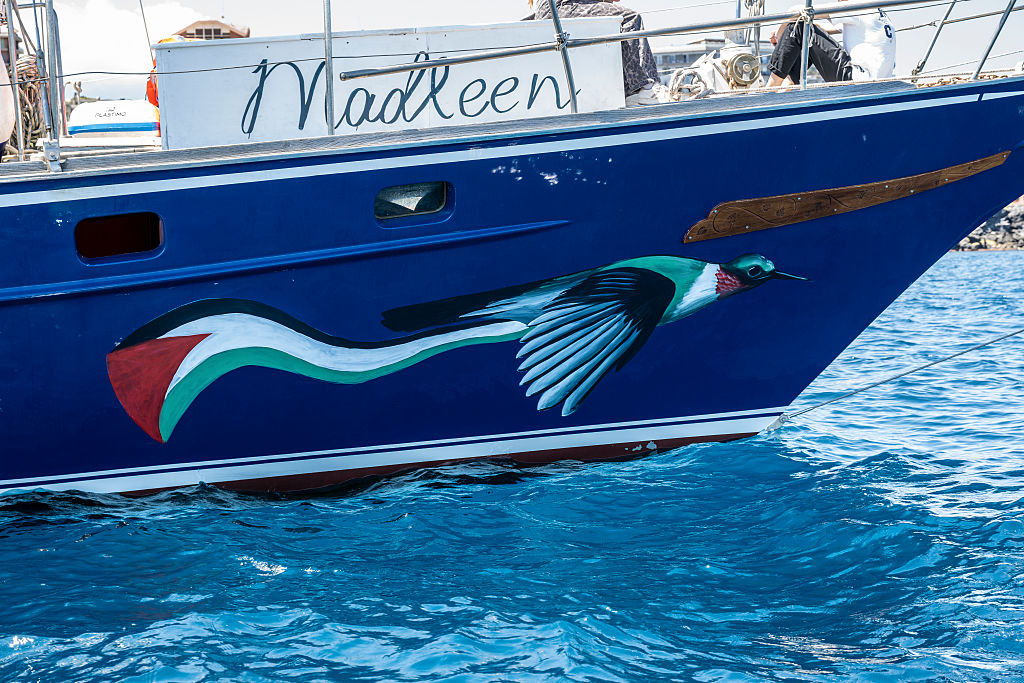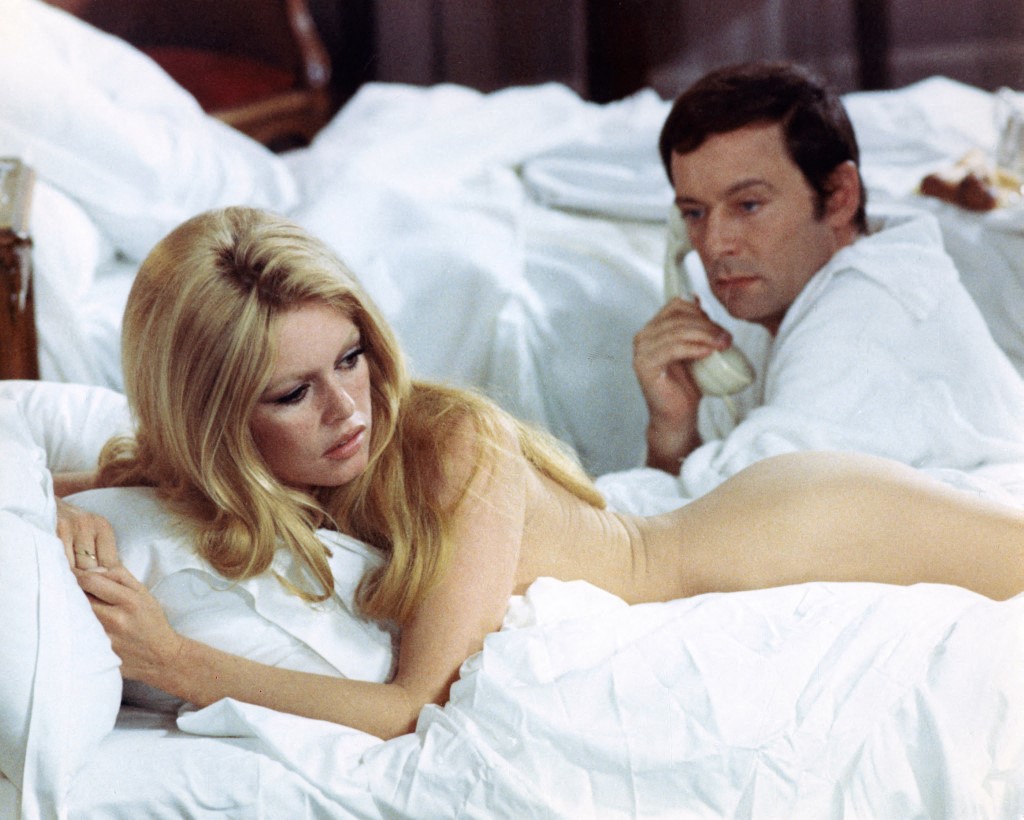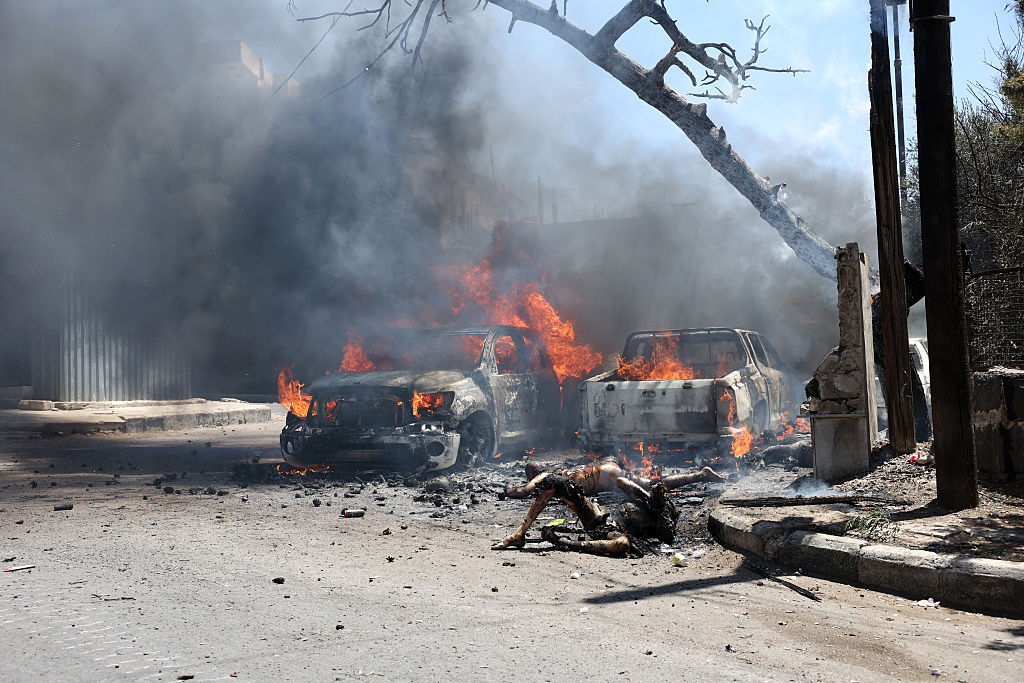An Arab activist who campaigns for better relations between the Arab world and Israel has warned that Europe is badly handling radical Islam.
Speaking at a meeting organised by the European Jewish Congress in Brussels today, Loay Alshareef said that in terms of education, great process had been made in the Arab world. He added, though, that he was worried about what is happening across Europe as far as religious intolerance and anti-Semitism are concerned.
According to the Egyptian-born activist, Islam as a religion struggles with interpretations of holy texts, with many voices pushing for literal and eternal interpretations, whereas there has been room for nuance in the past.
He emphasised that religious leaders must take the initiative and demonstrate courage in fostering improved human relations across religious fault lines. He also stressed the importance of a balanced and honest examination of history — one that not only reflects on past injustices but also acknowledges its own shortcomings.
Alshareef said, though, that in Europe, in his opinion this was also no longer the case.
Under the guise of political correctness and “woke” ideology, he said, extremist organisations such as the Muslim Brotherhood were able to gain a foothold in Europe, unlike countries including Saudi Arabia or the United Arab Emirates (UAE), where they are banned.
Alshareef said he saw the worst examples of extremism in the west and that European Muslims had more radicals in their ranks than, for example, was the case in Indonesia.
He said he encountered radical flags in Canadian mosques, impossible in the UAE, where mosques are under strict surveillance.
According to Alshareef, radicals misuse western freedoms. He identified entitlement, victimhood and political correctness as main drivers in mishandling radical Islam.
He warned that regulations needed to change in Europe to get a handle on the problem, as anti-Semitism was quickly spreading.
One major change he pleaded for was more screening on social media and checks on people entering Europe, as the US already does.”Radicals are very open about their intentions,” Alshareef noted.
He said Europe urgently needed more control on immigration.
“The demography of Europe is changing for the worse,” he warned, and said more radicals in Europe would misuse Liberal freedoms.
He said he saw a major responsibility lying with political parties that did not combat extremism but placated radicals in the hopes of getting the vote of the broader Muslim community.
It was this that prompted politicians in Europe to push for the recognition of the Palestinian State, without many serious conditions, he said, effectively rewarding Hamas for its terror attack on October 7, 2023.
Alshareef said this was “insane” and that Europeans should have demanded serious change from Hamas.
He also pointed out that, despite earlier promises made on holy Muslim sites, Palestinian leaders did not reconcile with each other and were divided, fighting internal power struggles. In no circumstance would rewarding Hamas thus be a good idea, he stressed.
Alshareef said that the late king of Saudi Arabia, King Abdullah, offered serious opportunities for the Palestinians if their leadership was reconciled, which could help a two-state solution, but the Gazan leadership did not deliver and preferred conflict over solutions.
While Israel also had its fair share of extremists, he said it was specifically Hamas that made things impossible.
The situation, though, was moving in the right direction, with people in the Gulf acting against extremism and demanding more from the Palestinian leadership, he said.
Alshareef stressed the importance and value of the Abraham accords and the current involvement of the US administration in the peace process. He noted that the European Union was not really involved in the current events, besides the decision to reward Hamas and recognise the Palestinian State without conditions.
Europe could play a role in rebuilding and education, he said, but not as it has been doing thus far. Europe had to learn from the past.
The last months have revealed a harsh reality: A new breed of anti-Semitism runs deep in Europe, and the EU does little to confront it, writes @bogdanosk. https://t.co/4mOoarrXV7
— Brussels Signal (@brusselssignal) January 30, 2024
According to Alshareef, some European countries took sides in the conflict, undermining their own credibility.
He himself has also faced threats, in the Netherlands, when speaking on the issue.
He said it was striking that there was an alliance between radical Islamists and the woke Left, who tended to be white Europeans without significant ties to the Middle East.
According to Alshareef, they were mistaken about the nature of Hamas, and claimed they were not freedom fighters but religious extremists.
He said he was raised in an open-minded, traditional family but was radicalised by the education system in the Middle East in the 1990s. He emphasised the importance of realising how education and media could indoctrinate people.
He warned Al Jazeera has had a very destructive influence across the Arab world and that some teachers in schools were extremist.





